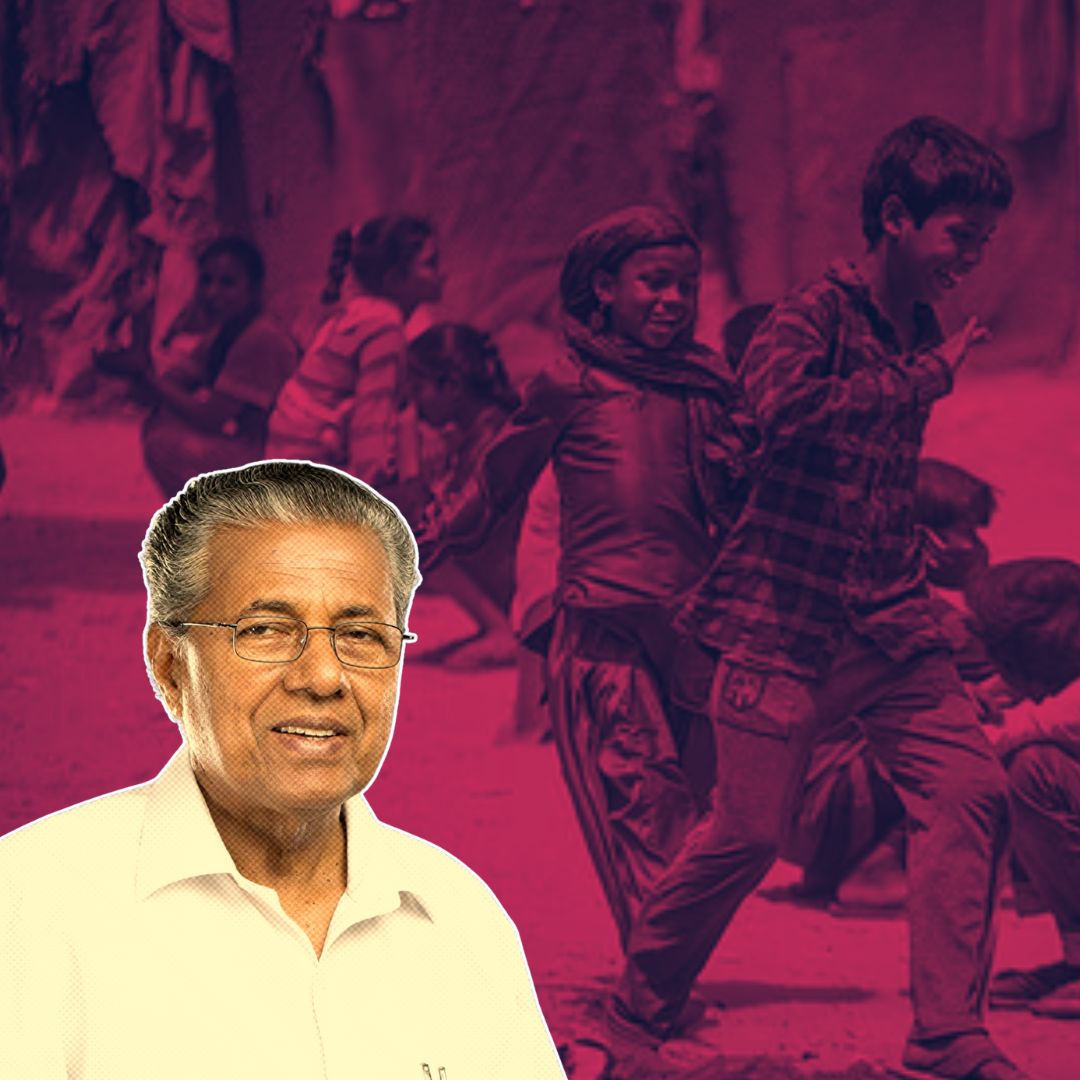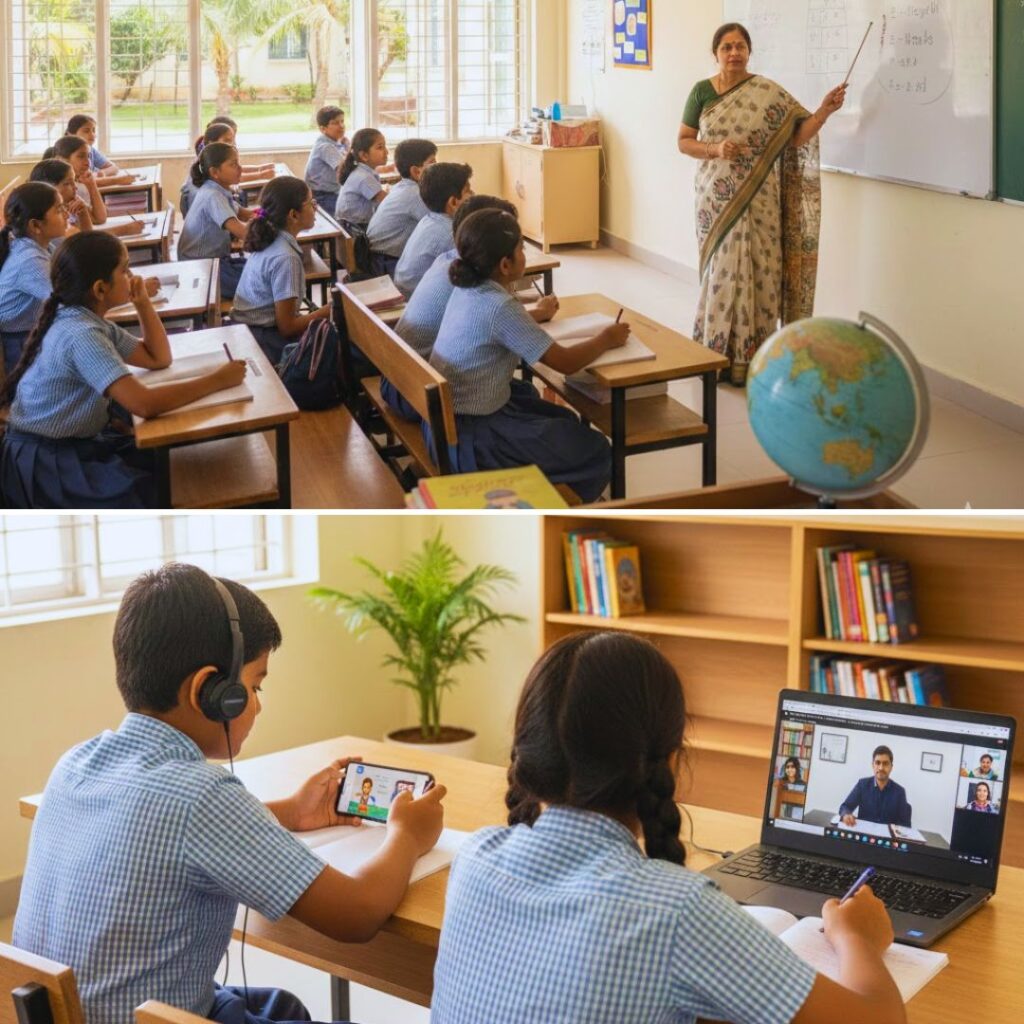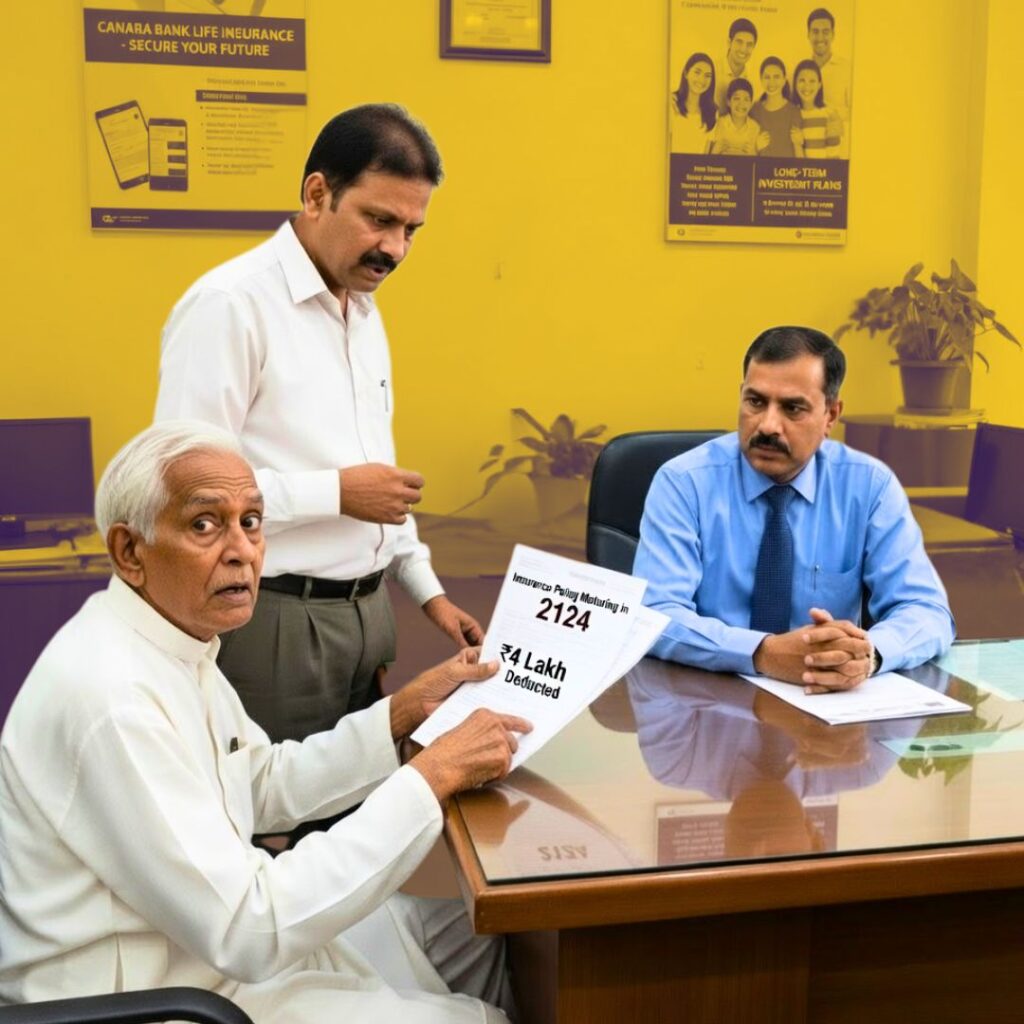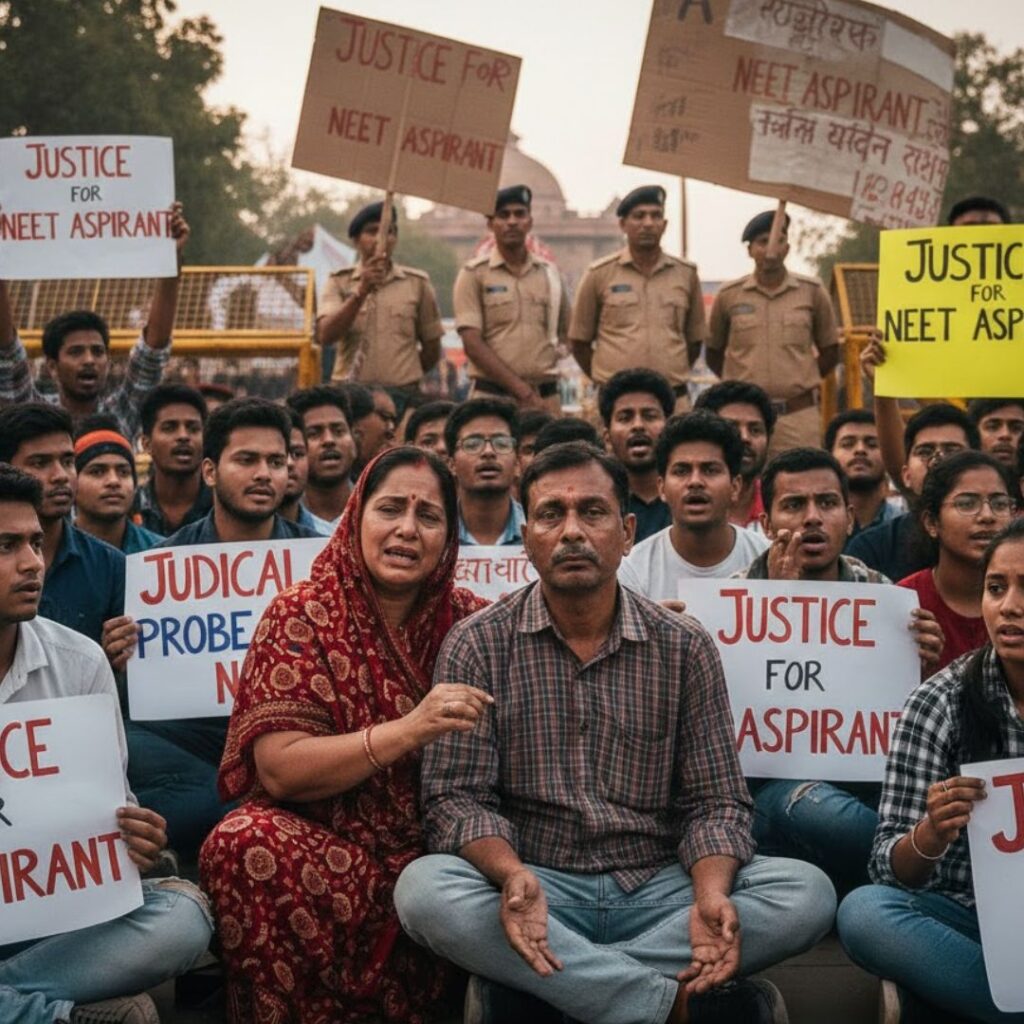The Kerala government has unveiled a comprehensive new initiative, ‘Jyothi,’ aimed at ensuring that no children of migrant workers aged between 3 and 18 years remain out of school or wander the streets. This ambitious programme seeks to enrol all migrant children aged 3 to 6 in anganwadis (early childhood centres) and those aged 6 and above in public schools across the state.
The scheme involves a door-to-door campaign coordinated by local self-governments, teachers, and community workers to identify and support migrant children’s education and welfare. Chief Minister Pinarayi Vijayan underscored the government’s commitment to inclusive development and social integration, urging all stakeholders to actively participate in this mission.
Alongside educational enrolment, the initiative also provides health check-ups, nutritional support, and cultural inclusion activities to empower migrant families and uphold the children’s fundamental right to education and well-being.
Jyothi Initiative: A Holistic and Inclusive Approach to Migrant Children’s Education
Kerala is home to over 35 lakh migrant workers, many of whom live with their families and face significant challenges in accessing education for their children due to frequent relocations, language barriers, and lack of documentation. The Jyothi programme addresses these issues through a multi-pronged approach.
It introduces a localised registration system linked with Aadhaar to accurately track migrant children’s schooling status despite seasonal movements. Teachers and local officials conduct regular home visits to ensure enrolment and attendance, while schools are encouraged to create welcoming environments that respect diverse cultural backgrounds.
General Education Minister V. Sivankutty remarked, “Children need spaces to grow, not just classrooms,” highlighting the government’s efforts to establish public spaces for cultural, sports, and recreational activities that foster integration between migrant and local children. This inclusive framework aims not only at academic progress but also at building social cohesion and empathy among communities.
Background: Building on Kerala’s Legacy of Education and Migrant Welfare
The Jyothi initiative builds upon Kerala’s longstanding commitment to free and universal public education, extending it explicitly to migrant populations. It follows earlier successful programmes such as the Roshni project, which helped migrant children overcome language barriers by teaching Malayalam, and the Changathi project, which focused on educating migrant labourers themselves.
The government’s recent month-long outreach campaign in May 2025 identified numerous out-of-school migrant children, prompting the launch of Jyothi to scale up efforts. Additionally, the state has modernised its migrant worker registry with a unified digital portal and mobile app that facilitate Aadhaar-based registration, enabling better data management and delivery of services.
These progressive steps reflect Kerala’s dedication to social equity, ensuring that migrant children receive not only education but also health and nutritional support, thereby fostering holistic development.
The Logical Indian’s Perspective
Kerala’s Jyothi initiative stands as a beacon of compassionate governance, recognising education as a universal right that transcends socioeconomic and migratory status. By proactively addressing barriers such as documentation, language, and social exclusion, the state exemplifies how kindness, dialogue, and community participation can drive meaningful social change.
This approach nurtures empathy and harmony, fostering coexistence between migrant and local populations. The Logical Indian applauds this model of inclusive education and urges other states and communities across India to adopt similar frameworks that prioritise the welfare and dignity of all children.
As we reflect on this initiative, how can we, as a society, come together to ensure that every migrant child in India receives the education, care, and opportunities they deserve to thrive?













